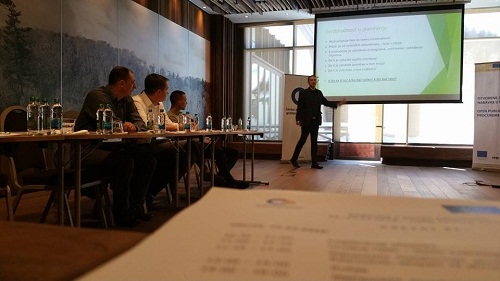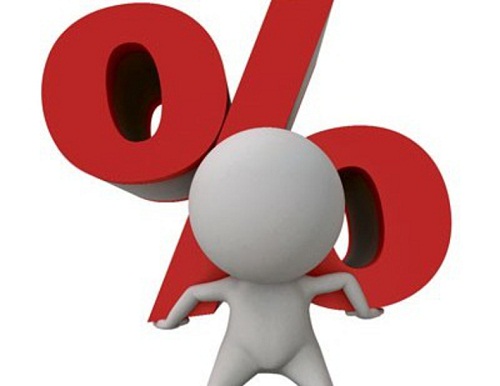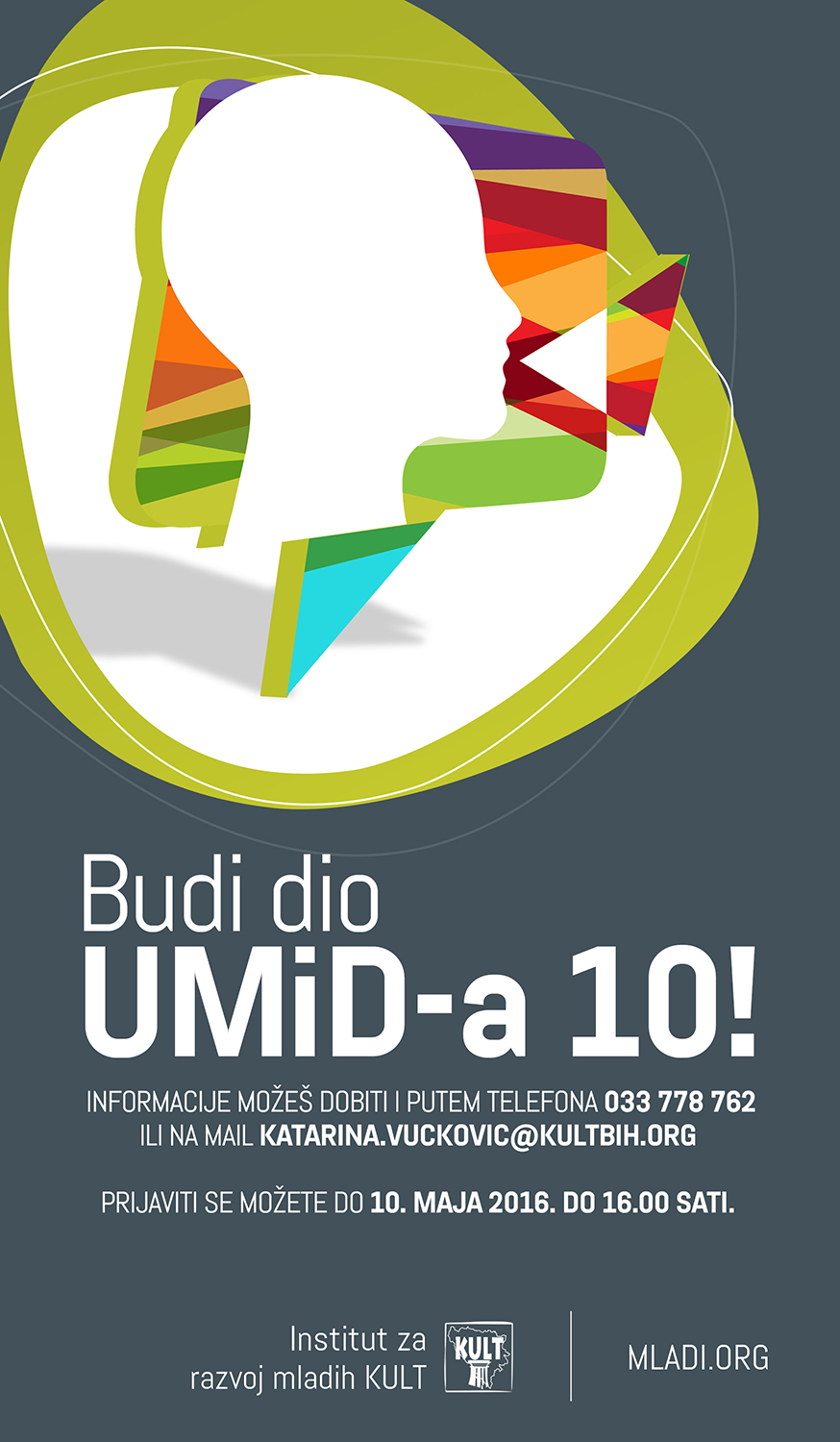The 4th module of the Open Public Procurement program for representatives of civil society organizations was held in Sarajevo.
During the 4th workshop, the monitoring mechanism of public procurements was discussed, as well as the new set of IT tools in public procurements, e-procurements and presenting the AJN website. Numerous positive experiences from Serbia were presented, problems that are required to be identified in BiH and that require activities to be resolved.
The Institute for Youth Development KULT is included in the program in order to introduce young entrepreneurs more closely to the public procurement process and indicate to the possibilities of monitoring funds expenditure that could be used for youth-intended programs to youth organizations.
The public procurement period refers to the process of procuring goods, services and works conducted by public bodies that enable them an uninterrupted functioning and performance of activities as well as implementing numerous projects, often large-scale ones, of strategic relevance, high value and public significance. Public procurement contracts are the most frequent types of public contracts that public bodies sign with private, in all economic spheres and sectors (extremely relevant are also the concession contracts and all forms of public-private partnerships in general, contracts on selling public property – privatization and other) and they vary from individual contracts on procurements of smaller value to complex projects that refer to the realization of a vast number of contracts.
According to the estimates of the relevant international bodies, the public procurement contracts alone cost the countries on average between 15 and 25% of their annual gross domestic product (GDP) which makes public procurements one of the most significant economic activities of the public sector. Consequently, a vast amount of money in circulation that represents “hand in hand” money makes the procurements especially sensitive to corruption. Corruption threatens competition, leads to bad decisions that direct the public funds towards the projects and procurements that do not satisfy the public interest. These projects are often of far lower quality and potentially risky for life and health of people, environment and sustainability. On the other hand, an adequate management of public procurements has a grand influence on the economic stability and development. Savings in public procurements can be directed towards concrete macroeconomic benefits, in the sense of increasing employment and GDB, decreasing the fiscal pressure and developing the fiscal area.
The Academy of Open Public Procurement in Bosnia and Herzegovina developed from the requirement for a more efficient fight against corruption. The activities are focused towards the transparency of public procurements, active engagement in the process of private firms and advocacy organizations of civic society in collaboration with the state Agency for Preventing and Coordinating the Fight against Corruption in Bosnia and Herzegovina (APIK).
The project is being jointly implemented by the Center for Research Journalism (CIN), Center for Advocating Civic Interests (CPI Foundation) and the Center for Social Researches “Analitika”. The basic aim of the project is to contribute to the fight against corruption though strengthening the public procurement process in BiH with the active participation of the private and civil society sector.















Leave a comment